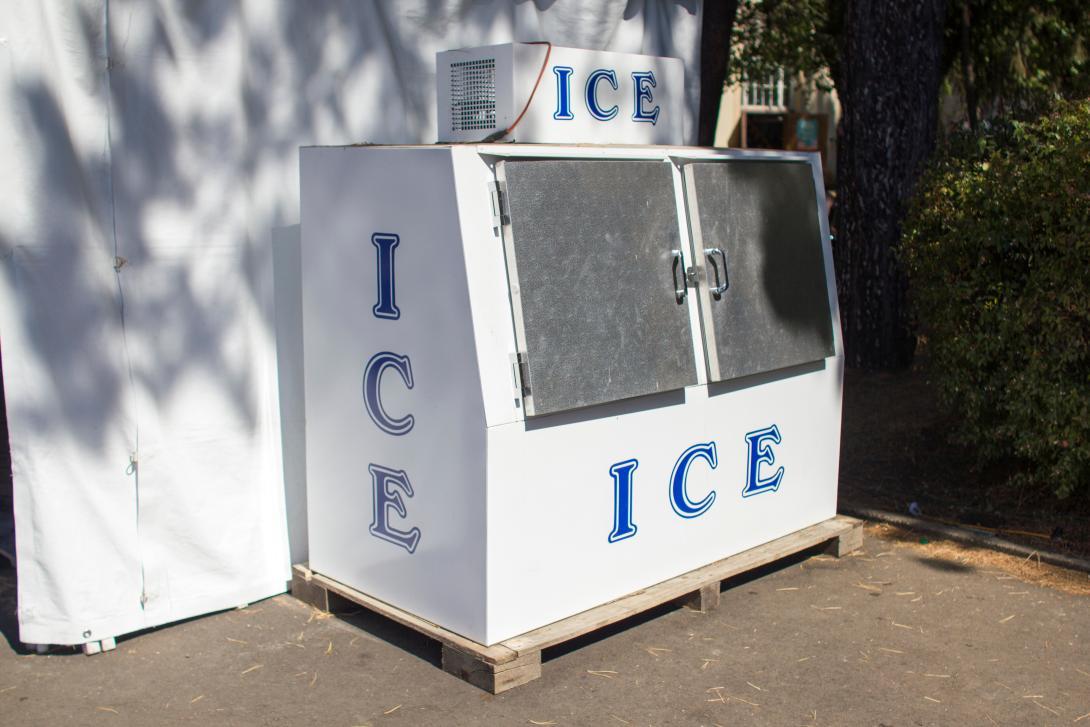Ice machines play a crucial role in many industries across Baltimore, from restaurants and hotels to healthcare facilities. However, ensuring that the ice produced is safe for consumption requires adherence to strict hygiene standards mandated by Baltimore's health authorities. Let's explore the regulations governing ice machine cleaning and maintenance in the city to ensure compliance and safeguard public health.
Health Department Guidelines
Baltimore's health department outlines specific regulations regarding the cleaning and maintenance of ice machines to prevent contamination and ensure the safety of consumers. These regulations are put in place to mitigate the risk of bacterial growth, mold, and other contaminants that can compromise the quality of ice.
Regular Cleaning Schedule
One of the primary requirements set by health authorities in Baltimore is the implementation of a regular cleaning schedule for ice machines. Establishments are often mandated to clean their ice machines at specified intervals to prevent the buildup of bacteria, mold, and mineral deposits that can affect the ice quality.
Use of Approved Cleaning Agents
Health regulations in Baltimore typically specify the use of approved and food-safe cleaning agents for ice machines. These cleaning agents are formulated to effectively remove mineral deposits, slime, and biofilms without leaving any harmful residues that could contaminate the ice.
Documentation and Record-Keeping
Maintaining thorough documentation of ice machine cleaning and maintenance is often a requirement. Establishments are typically required to keep records of cleaning schedules, procedures followed, cleaning agents used, and any issues or maintenance performed on the machines.
Training and Education
Health regulations also emphasize the importance of staff training and education regarding proper ice machine cleaning procedures. Employees handling the machines should be trained in the correct cleaning methods to ensure compliance with health standards.
Inspections and Compliance Checks
Baltimore health authorities may conduct routine inspections to ensure that establishments are adhering to the prescribed hygiene standards for ice machines. During these inspections, they assess cleanliness, documentation, and overall compliance with regulations.
Consequences of Non-Compliance
Non-compliance with ice machine cleaning regulations in Baltimore can result in penalties, fines, or even closure of the establishment. Violations of health standards that endanger public health are taken seriously and may lead to severe consequences.
Conclusion
Maintaining hygiene standards for ice machines in Baltimore is not just a matter of quality—it's a critical aspect of public health. Adhering to the regulations set by the city's health authorities ensures that the ice produced by these machines is safe for consumption and minimizes the risk of contamination.
By following the prescribed cleaning schedules, using approved cleaning agents, maintaining proper documentation, and ensuring staff training, businesses in Baltimore can uphold hygiene standards, pass inspections, and prioritize the health and safety of their customers. Compliance with these regulations is paramount for establishments relying on ice machines to serve a safe and refreshing product to their patrons.
